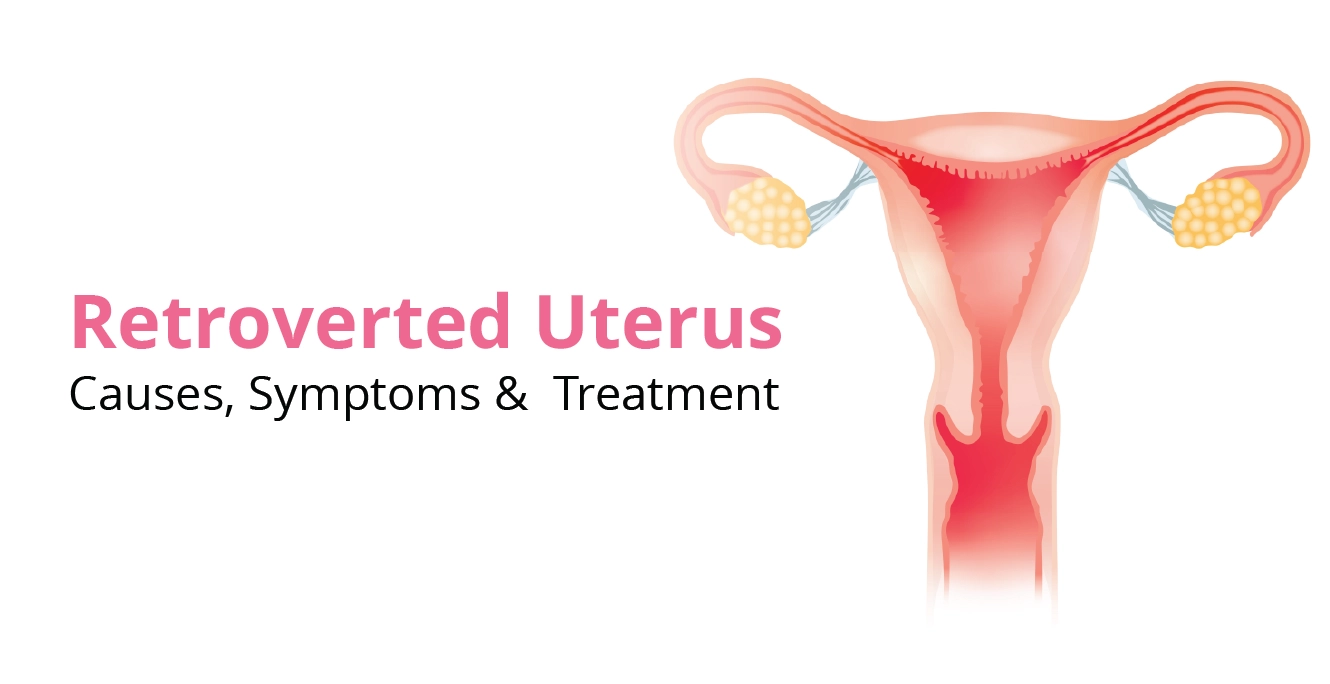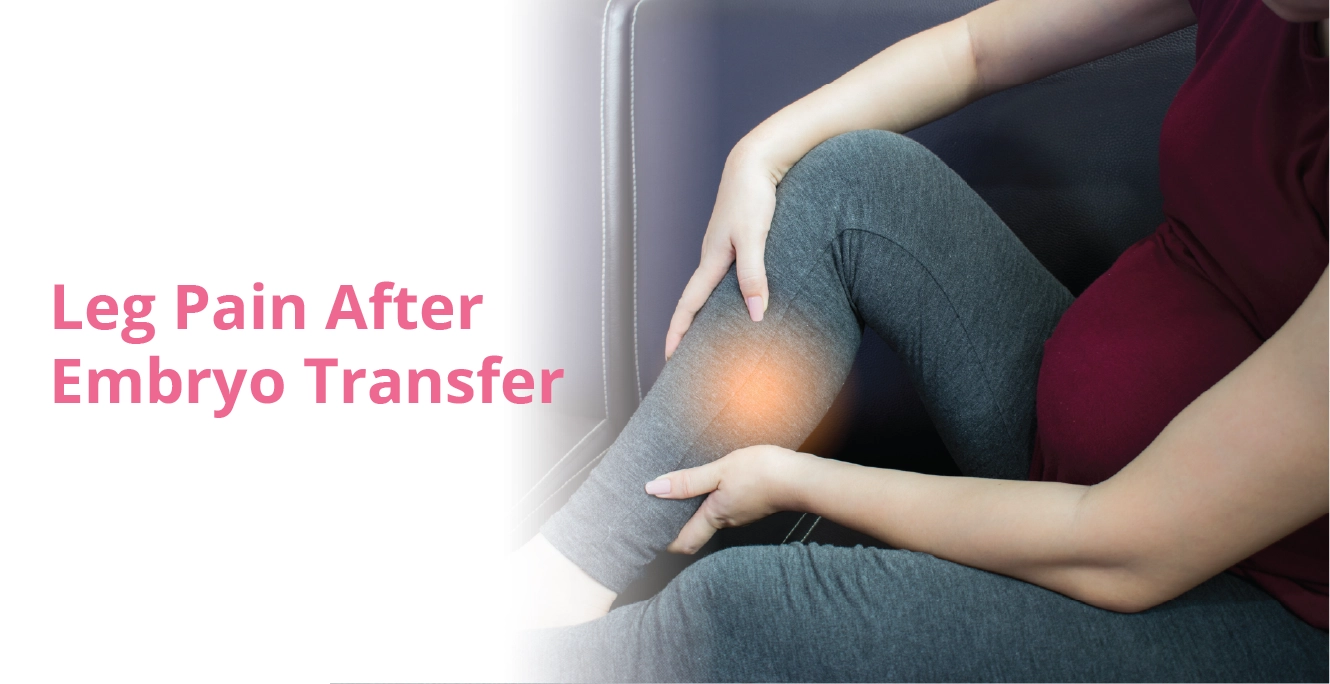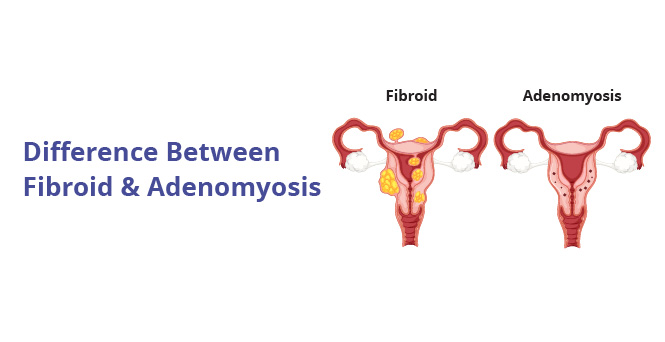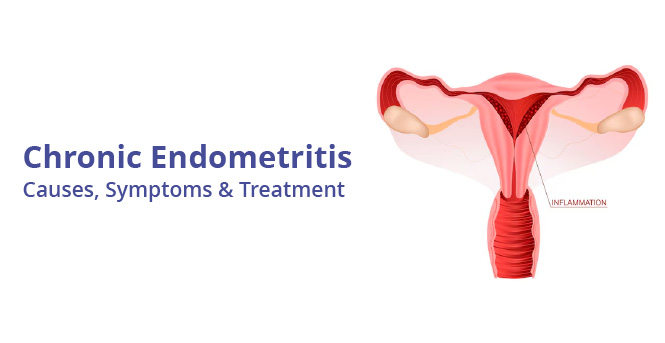
Ectopic Pregnancy: Causes, Symptoms, Types & Treatment

Table of Contents
- What is Ectopic Pregnancy?
- Causes of Ectopic Pregnancy
- Symptoms of Ectopic Pregnancy
- Types of Ectopic Pregnancy
- Ectopic Pregnancy hCG Levels
- Ectopic Pregnancy Signs Week by Week
- Diagnosis of Ectopic Pregnancy
- Why is Ectopic Pregnancy Dangerous?
- Treatment of Ectopic Pregnancy
- Complications of Untreated Ectopic Pregnancy
- How to Prevent Ectopic Pregnancy?
- The Closing Note
- FAQ
According to a study, the occurrence of ectopic pregnancy (EP) in India ranges from 0.91% to 2.3%. A study conducted at a tertiary care centre in South India reported an EP rate of 0.91% among pregnant women, with no maternal deaths. However, other studies indicate a higher EP incidence, ranging from 1% to 2%. Although the condition is not very common, an ectopic pregnancy, if left untreated, can progress into a serious condition. In this article, let’s learn what ectopic pregnancy is, its causes, symptoms and treatment options.
What is Ectopic Pregnancy?
An ectopic pregnancy happens when a fertilised egg implants outside the uterus, usually in a fallopian tube. Normally, a fertilised egg attaches to the uterus lining, but with ectopic pregnancy, it implants and grows outside of the uterus.
Typically, ectopic pregnancy occurs in a fallopian tube that plays a key role in carrying eggs from the ovaries to the uterus. It is also known as a tubal pregnancy.
Causes of Ectopic Pregnancy
Some of the significant causes of ectopic pregnancy include:
- Damaged Fallopian Tubes: Scarring or damage to the fallopian tubes from previous surgeries, infections (such as pelvic inflammatory disease), or endometriosis can disrupt the normal passage of the fertilised egg.
- Abnormal Fallopian Tube Structure: Congenital abnormalities or structural issues with the fallopian tubes can prevent the fertilised egg from reaching the uterus.
- Hormonal Factors: Certain hormonal imbalances or medications that affect hormone levels can impair the movement of the fertilised egg through the fallopian tube.
- Intrauterine Device (IUD) Use: Although rare, pregnancies can occur with an intrauterine device (IUD) in place, and they are more likely to be ectopic.
- Smoking: Tobacco use increases the risk of ectopic pregnancy.
- Pelvic inflammatory disease (PID): This disease, caused by genital tract infection, increases a woman’s risk of ectopic pregnancy as the infection spreads to the uterus, ovaries, and fallopian tubes from the vagina.
- Sexually transmitted diseases (STDs): Infection with STDs like chlamydia or gonorrhoea can raise the risk of ectopic pregnancies.
Symptoms of Ectopic Pregnancy
Ectopic pregnancies can be challenging to detect early because their symptoms can mimic those of normal pregnancies. A pregnancy test will show positive results. However, symptoms can worsen as the fertilised egg grows outside the uterus over time. A few signs and symptoms of early ectopic pregnancy include:
- Missed period
- Nausea
- Tender and swollen breasts
- Tiredness and fatigue
- Increased urination
- Light vaginal bleeding
- Pelvic pain
- Sharp abdominal cramps
- Dizziness
Once the fertilised egg begins to grow in the fallopian tube, you will start experiencing more severe ectopic pregnancy symptoms, including:
- Heavy bleeding if the fallopian tube ruptures
- Low blood pressure (hypotension)
- Rectal pressure
- Shoulder and neck pain
Types of Ectopic Pregnancy
Refer to the table below outlining different types of ectopic pregnancy (EP) based on their characteristics:
| Type of EP | Characteristics |
| Tubal Ectopic Pregnancy | The most common type, where the fertilised egg implants in the fallopian tube |
| Abdominal Ectopic Pregnancy | Rare type, where the fertilised egg implants in the abdominal cavity outside the uterus |
| Ovarian Ectopic Pregnancy | Rare type, where the fertilised egg implants on the surface of an ovary |
| Cervical Ectopic Pregnancy | Rare type, where the fertilised egg implants in the cervix |
| Cornual or Interstitial Pregnancy | Rare type, where the fertilised egg implants in the cornual region of the uterus, which is the area where the fallopian tubes enter the uterus (cornua of the uterus) |
Ectopic Pregnancy hCG Levels
In an ectopic pregnancy, the hCG levels (human chorionic gonadotropin) rise more slowly than in a normal pregnancy, where they double every 48–72 hours.
| Time Since Last Period | Normal Pregnancy hCG Range (mIU/ml) | Ectopic Pregnancy hCG Pattern |
| 4 weeks | 5 – 426 | Lower than expected & slow rise |
| 5 weeks | 18 – 7,340 | Levels rise minimally |
| 6 weeks | 1,080 – 56,500 | Often below the normal range |
| 7–8 weeks | 7,650 – 229,000 | Suboptimal rise |
| 9–10 weeks | 25,700 – 288,000 | Levels are inconsistent and below normal |
Ectopic Pregnancy Signs Week by Week
Ectopic pregnancy signs may vary depending on the stage.
- 4 weeks: Symptoms may be mild or similar to a normal pregnancy. A missed period and a positive pregnancy test are common.
- 5 weeks: The woman may experience lower abdominal pain and light vaginal bleeding.
- 6 weeks: At this time, the pain intensifies and is often sharp and one-sided. Some women may feel dizzy.
- 7 weeks: Symptoms become more pronounced. Internal bleeding may start if rupture occurs.
- 8 weeks: Severe abdominal pain and heavier bleeding may indicate complications.
- 9–10 weeks: By this stage, rupture is highly likely if untreated, which makes it a medical emergency
Diagnosis of Ectopic Pregnancy
- Ultrasound (USG): The best method to confirm an ectopic pregnancy is a transvaginal ultrasound. An empty uterus with a positive pregnancy test, a mass in the fallopian tube, or free fluid in the abdomen may suggest ectopic pregnancy.
- hCG testing: In a healthy pregnancy, hCG levels double every 48–72 hours. Slower or irregular rises often indicate ectopic pregnancy. Repeat blood tests are done to keep a check.
- Physical examination: A pelvic exam may show tenderness, pain on one side, or a lump near the fallopian tube. This requires further testing to confirm an ectopic pregnancy.
Why is Ectopic Pregnancy Dangerous?
Ectopic pregnancy is dangerous and must be terminated as soon as it is diagnosed to prevent serious health risks to the woman. As the pregnancy grows outside the uterus, it can lead to the rupture of the fallopian tube or other tissues, causing severe internal bleeding and potentially life-threatening complications.
Treatment of Ectopic Pregnancy
In an ectopic pregnancy, the developing embryo is not viable and cannot grow into a full-term baby. Ectopic pregnancy treatment involves termination to prevent health risks. Depending on the severity of the condition, the doctor may determine the most suitable technique. Some of the common treatment options are:
Medication
For early ectopic pregnancy, medication like methotrexate is often prescribed to stop further development. This treatment involves injections and regular blood tests to monitor its effectiveness. If the initial dose doesn’t work, a second dose may be required. Side effects may include stomach cramps, dizziness, and nausea.
Ectopic pregnancy surgery
Laparoscopic surgeries, including salpingostomy and salpingectomy, are used to treat ectopic pregnancies.
- Salpingostomy:
During salpingostomy, only the ectopic pregnancy is removed, leaving the fallopian tube intact. This procedure is chosen when the fallopian tube is healthy and can be preserved.
- Salpingectomy:
Salpingectomy involves removing both the ectopic pregnancy and a portion or all of the affected fallopian tube. It is necessary when the fallopian tube is severely damaged or ruptured, or if future ectopic pregnancies are a concern.
Complications of Untreated Ectopic Pregnancy
An ectopic pregnancy can become a medical emergency if not treated on time. The possible complications include
- Rupture of the fallopian tube: The growing pregnancy can cause the tube to burst. This leads to sudden and severe pain.
- Heavy internal bleeding: A ruptured tube can result in severe bleeding inside the abdomen.
- Shock: Significant blood loss may cause a life-threatening drop in blood pressure.
- Reduced fertility: Damage or removal of a fallopian tube may affect future chances of pregnancy.
How to Prevent Ectopic Pregnancy?
Although every ectopic pregnancy cannot be prevented, there are certain steps may help lower the risk.
- Treat pelvic infections without delay: Early care for infections such as pelvic inflammatory disease can help prevent scarring of the fallopian tubes.
- Abstain from smoking: Smoking is known to increase the risk of tubal problems, which are a risk factor for ectopic pregnancy.
- Regular gynaecological check-ups: Monitoring becomes important if a woman has had pelvic surgery, fertility treatments, or a past ectopic pregnancy.
- Communicate risk factors to your doctor: Understanding your personal risk before trying to conceive can help with timely monitoring and care.
The Closing Note
Ectopic pregnancies can pose considerable risks to a woman’s health if not treated on time. Also, it is considered fatal in rare cases. However, timely intervention and dedicated medical care can treat ectopic pregnancies with minimal damage to a woman’s reproductive organs. A healthy pregnancy is possible a few months after treating an ectopic pregnancy. To get the best treatment options for ectopic pregnancies, consult our fertility specialist today.
FAQ
How common is ectopic pregnancy?
Ectopic pregnancy occurs in about 1–2% of all pregnancies worldwide, with Indian studies reporting around 0.9–2.3%.
Will your belly grow during an ectopic pregnancy?
No, the belly does not grow like in a normal pregnancy because the embryo cannot develop fully outside the uterus.
How to know if you have an ectopic pregnancy?
Signs include sharp one-sided abdominal pain, vaginal bleeding, dizziness, and slow-rising hCG levels. Diagnosis is confirmed through USG and blood tests.
What are the chances of twins after an ectopic pregnancy?
It is possible to have twins in future pregnancies if one tube remains healthy, but fertility may be slightly reduced.
When does ectopic pregnancy pain start?
Pain can begin as early as 4–5 weeks but becomes more noticeable by 6–7 weeks.
Our Fertility Specialists
Related Blogs
To know more
Birla Fertility & IVF aims at transforming the future of fertility globally, through outstanding clinical outcomes, research, innovation and compassionate care.
Had an IVF Failure?
Talk to our fertility experts

 Our Centers
Our Centers



















